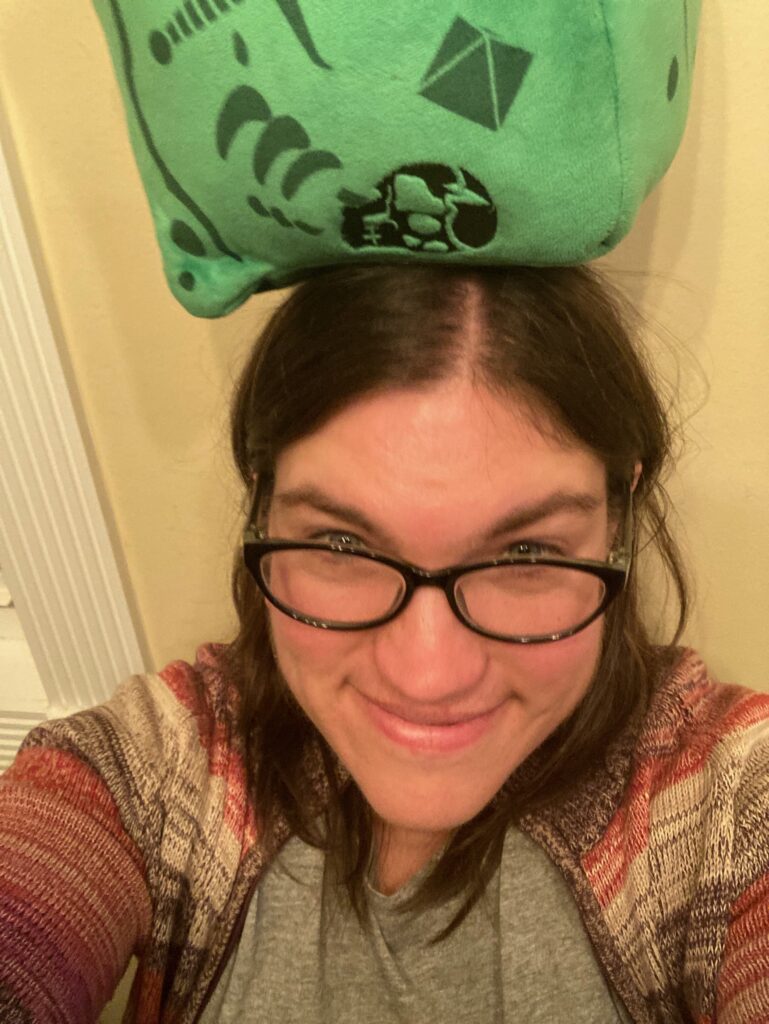
Before kids are old enough to really believe in God (or choose to not believe in God), they believe in their parents. Having taken care of them since they were babies, small children look up to their parents as all-knowing, all-powerful beings that can fix anything. And then, one day, they stop.
My kids are both around the ages – 8 and 10 – where they start losing serious faith in parents as masters of the universe. So when I saw This American Life was doing an episode on that subject called Parents Are People, I was intrigued.
While the rest of the episode was serious, the introduction opened with the host asking her own kids when they stopped believing that she knew everything. Her 12 year old replied in the most 12 year old way ever: “No, I never had that epiphany, because I never believed that you guys knew everything or were perfect. Like, ever. Like, straight out of the womb, I was like, these are flawed people right here.”
I guffawed at that response, partly because it is legit funny and partly because it sounds like something my older kid would say. While my kid is only 10, he’s always had a healthy skepticism of authority. When I played him that clip, he also laughed and agreed, “Yeah, that sounds like something I’d say.”
I got a slightly more serious answer from him when I asked him the same question. After contemplating it for a bit, he said it was probably when he started asking a million questions around the age of four and I didn’t have the answers for all of them. (I am honest to a fault, so I didn’t fib if I didn’t know.) He then followed up with the ever-flattering comment, “Because of course you aren’t perfect.” Just in case I wasn’t sure. Thanks, kid.
The conversation got me thinking about when I realized my parents weren’t perfect. I don’t have a specific time for my mom. I was convinced she could read my mind for years; it turns out that I’m really bad at hiding what I’m thinking. But I do remember a specific time for my dad. I used to believe he knew every song ever written. After all, he recognized every song on the radio and at restaurants within the first few notes! He never claimed he knew them, but it seemed self-evident. But then, one day, there was a song he didn’t know. It sort of broke my understanding of things adults just magically *knew.* I was probably five or six at the time.
My older kid is right – I’m not perfect and never will be. None of us are, of course. I’m almost glad that he realized that early on. I wouldn’t want to carry out the level of pretending that it would take otherwise.
Yet despite the fact that both my kids and I know perfectly well that I’m not perfect, I try to act as if I am. I try to act as if I have unlimited energy, patience, and forbearance. That I can push through everything if only I try hard enough. But that’s not healthy for me and it’s not healthy to model for them either.
As the kids get older, I’m starting to realize how important letting down this facade and just being honest with them is. Some younger kids can’t handle knowing their parents are fallible – it scares them. But as my kids are getting into the preteen years, they need to know that their parents are flawed – while still also being reliable, loving, and trustworthy.
They need to know that they can come back to us when they screw up because we screw up too. That we have grace for ourselves and for them. That we rely on each other precisely because we aren’t perfect – instead, we play off of each other’s strengths.
Psychologist Donald Winnicott coined the term the “good enough mother.” He said that for children to differentiate themselves from us that it is necessary for mothers to be imperfect. While he was talking about very small children, this is all the more important with our older kids. There’s no such thing as a perfect parent – in fact, being an imperfect parent allows us to be a good one.
When did you realize your parents weren’t all-knowing or imperfect? When did your kids realize that about you?